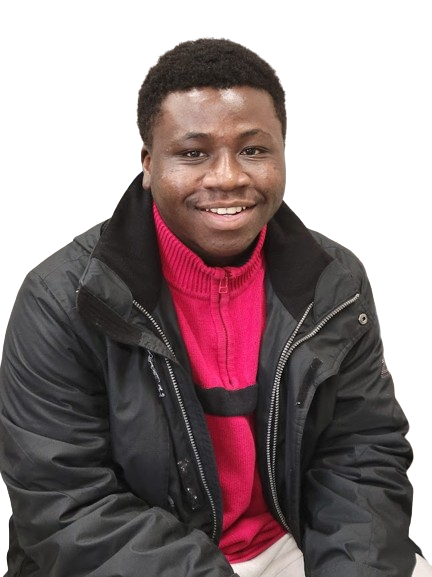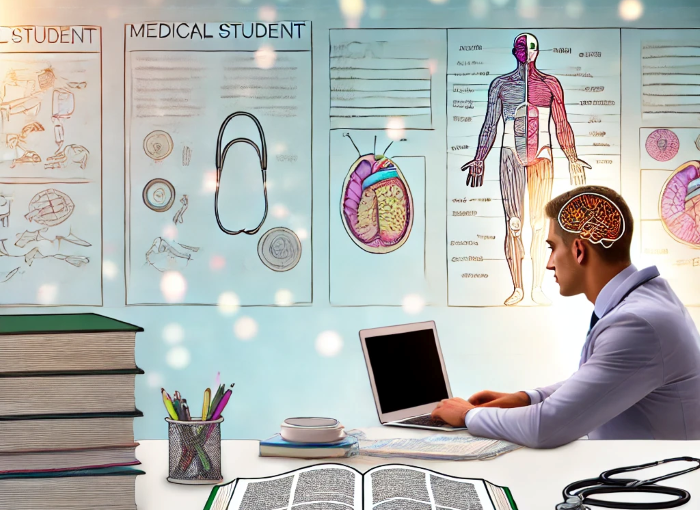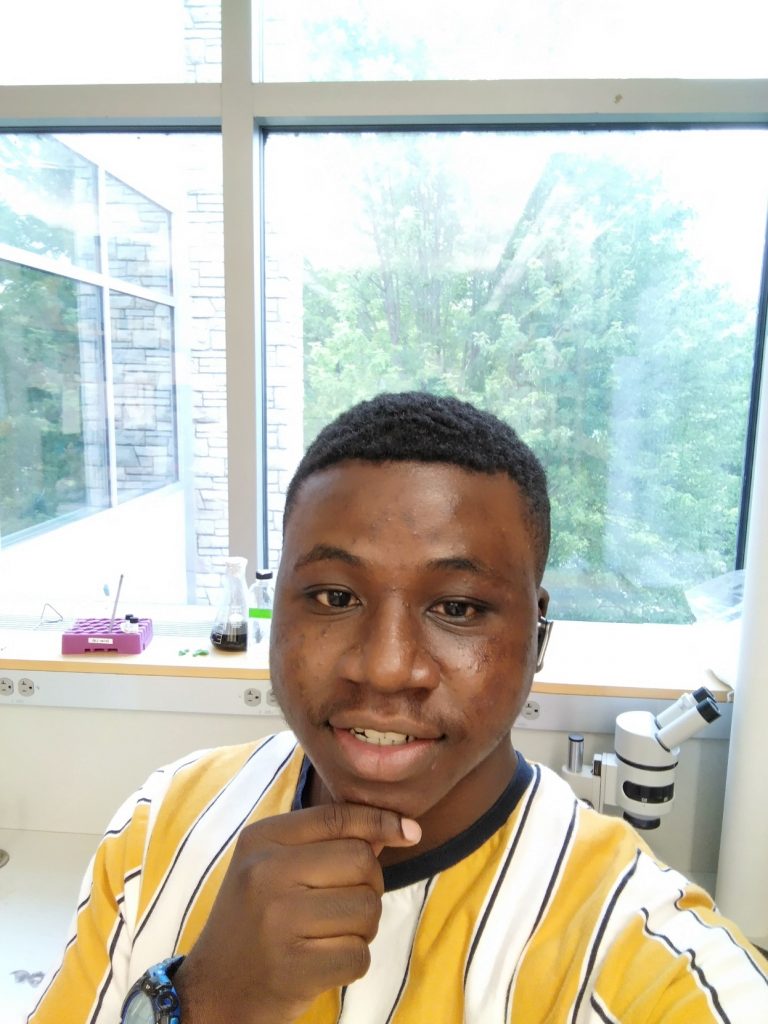MCAT Preparation and Resources
The medical student emphasized the importance of achieving a strong MCAT score, suggesting a target of above 510. They recommended transferring effective study methods from current coursework to MCAT prep, particularly using Quizlet for the psychology and biology sections. Additionally, they suggested resources like Kaplan (with a 50% discount available for AMSA board members at Lawrence) and Bozeman Science on YouTube as valuable for structured learning and review.
Application Process and Essay Writing Tips
Having applied during the challenging COVID-19 period, the student stressed the value of planning ahead. They advised starting the essay process early, especially personal statements, as these are central to the application. They shared a practical approach to essay writing: drafting responses, using AI tools like ChatGPT to re-tailor essays for different prompts, and seeking feedback from professors or health advisors. They also highlighted the benefit of reusing responses across applications where possible to save time and effort.
Experiential Learning and Internships
Regarding practical experience, the student advised doing internships at medical schools of interest, ideally during the summer, as a way to explore the campus environment and get a feel for the institution. They recommended shadowing opportunities to gain exposure to different specialties and suggested working as a technician, noting that fellowships can be challenging to obtain.
Career Interests and Extracurricular Involvement
As an entrepreneur, the student also discussed their startup experience and encouraged me to explore entrepreneurial opportunities related to the Synthetic Biology Club and potential collaborations with industry partners. They expressed interest in staying connected to discuss synthetic biology ideas or iGEM competition plans in the future.
Institutions and Potential Networks
The student mentioned the University of Wisconsin-Madison as a solid institution worth exploring for additional networking or research opportunities.
Reflection
My informational interview with the medical student at the Medical College of Wisconsin was both enlightening and inspiring. As someone on the pre-med track with dreams of entering the medical field, I found his insights into the medical school application process, MCAT preparation, and experiential learning to be incredibly valuable. His journey and recommendations offered me a clear and practical roadmap for navigating the next steps toward my goals.
Reflecting on our conversation, the emphasis he placed on early MCAT preparation and strategic study habits really resonated. It was reassuring to hear that the study methods I already use—like Quizlet—could translate effectively to MCAT prep, especially for the psychology and biology sections. In addition, the resources he recommended, such as Kaplan and Bozeman Science on YouTube, have given me new platforms to explore that could enhance my understanding and retention. His suggestion to leverage my AMSA board position to access a discounted Kaplan course reminded me of the importance of using available resources to reduce the financial burden that can come with preparing for the MCAT.
Another standout moment from our conversation was his advice on the application essays, especially the personal statement. He emphasized the value of starting early, which aligns with my approach to academic and career goals so far. The idea of using AI tools like ChatGPT for initial drafts, and then refining them with feedback from professors or advisors, was particularly helpful. It combines efficiency with thoroughness and allows for a personalized touch that admissions committees value. This approach not only makes the process less daunting but also ensures that my essays will be cohesive and adaptable across applications.
Our discussion on gaining relevant experiences, particularly through internships, was a valuable addition to my understanding of the pre-med journey. He advised pursuing internships at schools I’m interested in, an idea I hadn’t previously considered but now see as essential. Such experiences would allow me to explore the academic environment and potentially connect with future mentors, aligning well with my goals of gaining hands-on experience before medical school. Given the difficulty in obtaining fellowships, he recommended technician roles as a viable alternative. This advice felt practical and aligned with my goals of gaining meaningful, clinical experience. It’s encouraging to know that technician roles are well-regarded by medical schools and provide significant insight into medical practice.
The student’s entrepreneurial background added an interesting dimension to our conversation. As someone involved in the Synthetic Biology Club and planning for the iGEM competition, I appreciated his advice on exploring partnerships with companies interested in collaborating on our projects. This entrepreneurial perspective highlighted the flexibility that can exist within a traditional medical path and reminded me that building connections beyond the medical field can be beneficial. Whether through synthetic biology or future collaborative research, I’m inspired to explore creative ways to fund and expand our club’s projects, and I’m grateful for his offer to discuss ideas for iGEM.
Finally, his mention of UW-Madison opened my eyes to potential regional networks that I hadn’t fully considered. With UW-Madison’s strong reputation, it’s worth exploring further for both networking and potential internship or research opportunities. I plan to follow up on this advice by connecting with faculty or alumni involved in research at UW-Madison or attending related seminars, as these experiences could provide valuable exposure and build connections within the medical community.
In sum, this conversation left me feeling both reassured and inspired to take actionable steps toward my goals. His journey underscored the importance of resilience and adaptability in pursuing a medical career, and his practical insights have empowered me with a more strategic approach to my preparation. From early MCAT prep and structured study plans to strategic essay writing and exploring diverse experiences, I now have a roadmap that feels realistic and aligned with my strengths and interests. This interview not only provided me with concrete advice but also deepened my commitment to approaching each step with intention and curiosity as I continue on the path to medical school.

Dennis Boakye ’26 is a junior with a major in Neuroscience and a minor in Mathematics. He is also a co-president of the Neurolawrence Club and the Synthetic Biology Club and the treasurer for the American Medical Student Association (AMSA, Lawrence Chapter) and the Black Student Union (BSU). Dennis is the current career peer educator for the Health and Medicinal Professions (HMP) and the Physical and Natural Sciences (PHN) career communities at Lawrence University. Connect with Dennis on LinkedIn.




